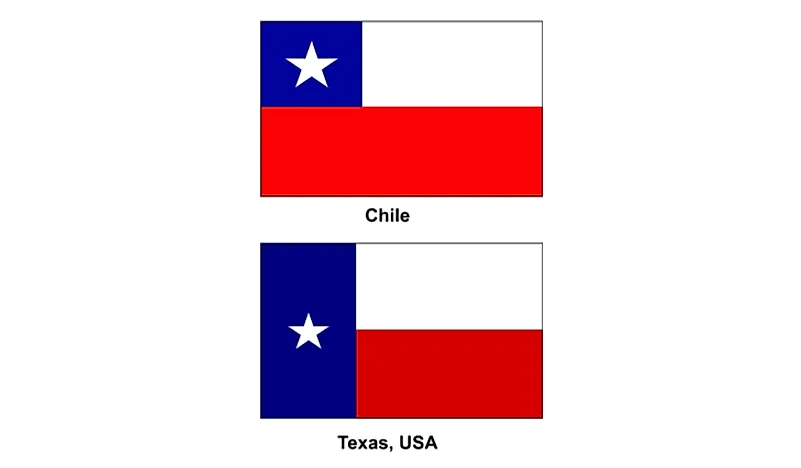The politics of Turkey can be classified as a democratic, secular parliamentary representative system. The Prime Minister of Turkey is the head of the government, and the President of Turkey retains a mostly ceremonial role, with powers reserved for times of crisis. The current Constitution of Turkey, adopted in 1982, vests legislative power in the country to the Grand National Assembly. The Turkish Constitution is based on secularism and modernisation, and this extends into the political realm of the nation.
Elections in the country are held every four years, and the multi-party system of the country usually sees two or three strong parties as well as a fourth minority party garnering a small share of the vote. General elections in Turkey have been held every four years without interruption since 1923. The President of Turkey is elected every seven years by the Parliament of Turkey, and these five-year terms are now limited to two consecutive terms for any one individual.
The house of parliament, known as the Grand National Assembly of Turkey, is located in the centre of the capital city Ankara. This parliament was founded in 1920 in an attempt to forge a state out of the ruins of the Ottoman Empire. Currently, the parliament houses 544 seats, but this number will increase to 600 in the 2019 national elections. The AKP party now holds the majority of 317 seats and the opposition, the CHP, holds 134 seats. The political landscape of Turkey is dominated by socially conservative political parties and ideologies.
Turkey has a multi-party system. Major parties include the Justice and Development Party, the Republican People's Party, and the Peoples' Democratic Party.
This page was last modified on May 1st, 2018
More on Graphicmaps

Published on 2019-11-06
What is a Trade Embargo?

Published on 2019-11-04
Which Two Countries Used to Have the Same Flag?

Published on 2019-09-16
What Is the Only Two-Sided State Flag?

Published on 2019-09-16
Which Country Flag Looks Like the Texas Flag?

Published on 2019-08-29
Flags That Resemble the US Flag

Published on 2019-08-20
